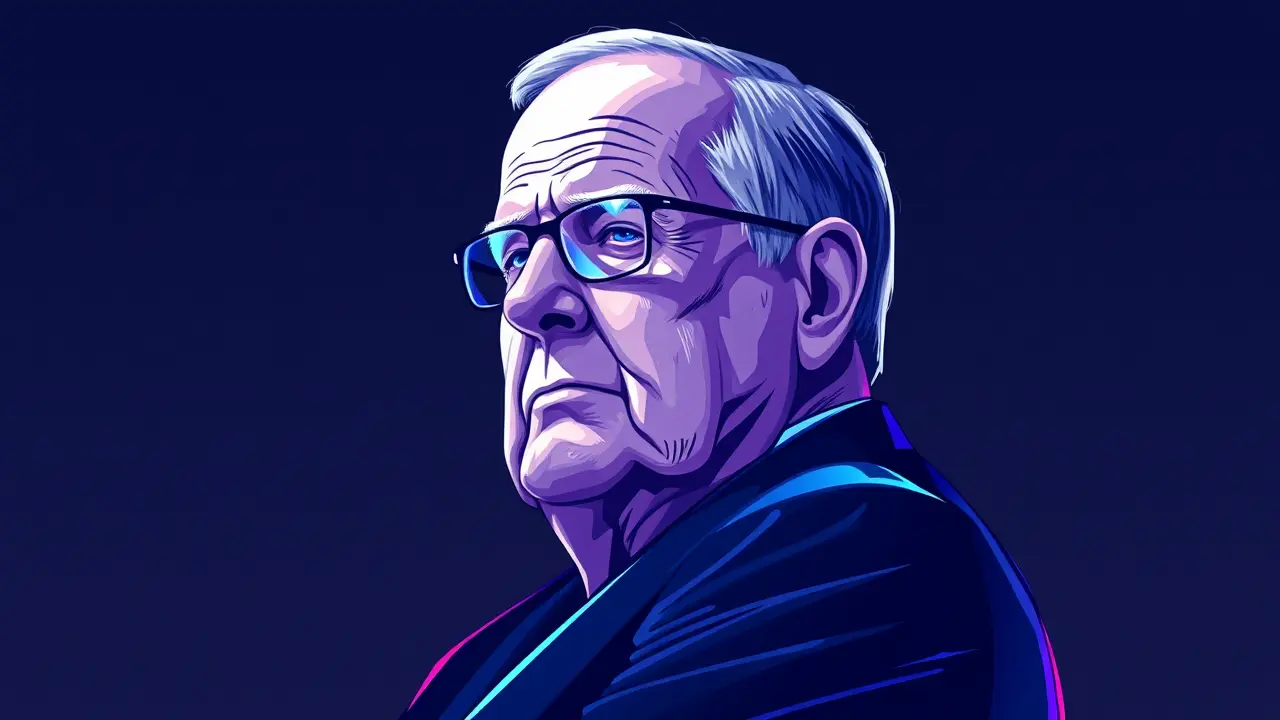
Politicsconflict & defenseMilitary Operations
Dick Cheney's Legacy and the Decline of Neoconservatism
RO
Robert Hayes
9 hours ago7 min read
The political odyssey of Dick Cheney, who passed away at 84, represents not merely the life of a singularly influential statesman but the arc of an entire foreign policy doctrine—neoconservatism—from its zenith to its effective exile within the modern Republican Party. Cheney, a central figure in Republican administrations from Gerald Ford to George W.Bush, operated with a conviction that American power, particularly military force, was the primary instrument for shaping global order, a belief forged in the embers of the Cold War and galvanized by the attacks of September 11. His legacy is inextricably linked to the 2003 invasion of Iraq, a decision he defended as 'the right thing to do' as late as 2018, a stance that now places him in a vanishingly small minority across the political spectrum.Yet, to dismiss Cheney as a simple ideologue is to misunderstand him, argues Richard Haass, president emeritus of the Council on Foreign Relations and a senior State Department official during the Iraq War buildup. 'Cheney never bought into the ideological part of neocon-ism,' Haass notes, distinguishing him from those who championed the war to spread democracy.For Cheney, the calculus was colder, more focused on the perceived existential threat of a terrorist cell acquiring weapons of mass destruction—a narrow, unsentimental, and hawkish purpose that justified preemptive action. This worldview extended beyond Iraq, shaping the very architecture of the global war on terror, from the controversial expansion of domestic surveillance powers under the PATRIOT Act to the establishment of overseas black sites where enhanced interrogation techniques, widely condemned as torture, were employed.Cheney was a steadfast advocate for nearly unfettered executive power in matters of national security, often treating congressional oversight as an impediment rather than a pillar of democracy. The staggering human and financial costs of the Iraq War, however, fundamentally shattered the post-Cold War consensus on American omnipotence and rendered the 'neocon' label toxic, especially within the MAGA movement that now dominates the GOP.This movement, while loudly rejecting Cheney's brand of interventionism, ironically exhibits echoes of his 'critics be damned' approach to allies and his preference for hard power, as evidenced by the second Trump administration's posture. Furthermore, former President Trump now stands at the precipice of a potential regime-change conflict in Venezuela, a scenario that demonstrates the enduring appeal of muscular foreign policy, albeit with a crucial lesson seemingly absorbed from the Cheney era: the imperative for limited scope, swift action, and minimal American casualties.The bottom line, as articulated by Haass, is that Cheney represented a unique and increasingly anachronistic strain of American leadership, one 'willing to see the United States pay a large price for what it did in the world. ' His passing marks not just the end of a life, but the closing of a distinct chapter in American strategic thought, a chapter whose consequences continue to reverberate through every contemporary debate on America's role in the world.
#editorial picks news
#Dick Cheney
#neoconservatism
#Iraq War
#foreign policy
#US intervention
#legacy
#Trump administration
Stay Informed. Act Smarter.
Get weekly highlights, major headlines, and expert insights — then put your knowledge to work in our live prediction markets.
© 2025 Outpoll Service LTD. All rights reserved.